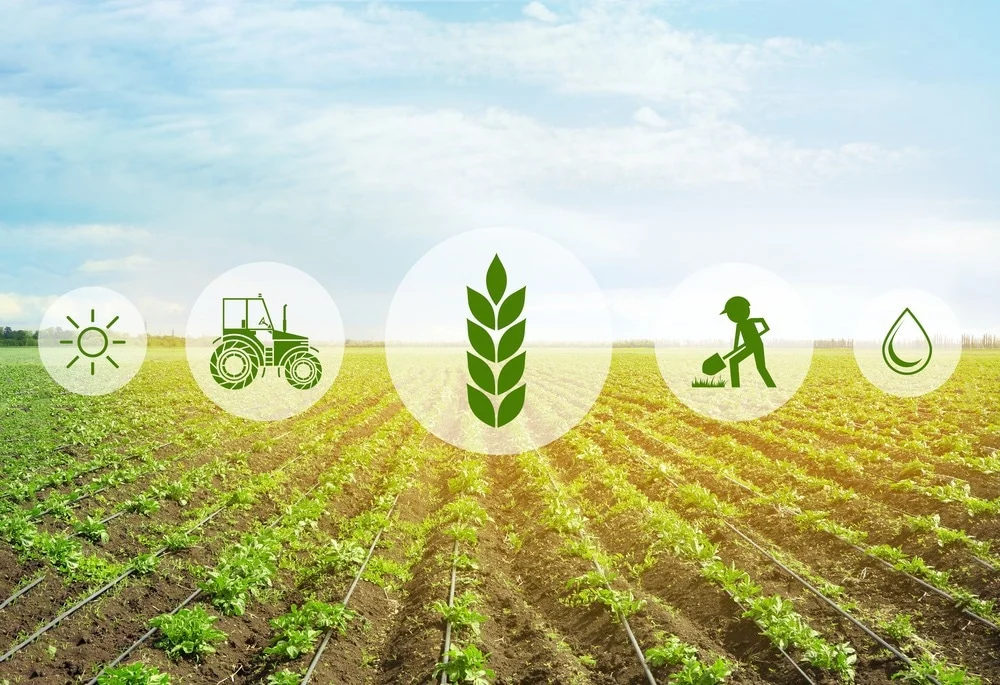
Climate change has become one of our most pressing global challenges, casting a dark shadow of uncertainty over various aspects of our lives. Among its many consequences, the impact of climate change on food production is of primary concern. A recent Aalto University study sheds light on the alarming consequences of unchecked greenhouse gas emissions on global food production.
The Threat to Global Food Production
The Aalto University study paints a bleak picture of the future if current rates of greenhouse gas emissions continue. He predicts that more than a third of current global food production could be wiped out by the end of the century. This alarming statistic results from a complex interplay between changing rainfall, increasing dryness, and global warming, all contributing to adverse conditions for agriculture and livestock.
Impact on Agriculture and Livestock
Climate change poses a series of challenges for farmers and livestock producers around the world. Changes in precipitation patterns can lead to prolonged drought or excessive rainfall, which can wreak havoc on crop yields and animal habitats. Rising temperatures create an inhospitable environment for plants and animals, pushing them beyond their capacity to adapt. This puts food production systems under tremendous pressure, jeopardizing global food security.
Unprecedented Challenges and Adaptation Constraints
One of the most serious concerns highlighted by the study is the unprecedented nature of the challenges posed by climate change. As greenhouse gas emissions continue to rise, unusual and extreme weather patterns are becoming more frequent. This rapid rate of change needs to allow more time for plants and animals to adapt to the new environment. The ability of traditional agricultural practices to cope with these rapidly changing conditions is severely limited.
Vulnerable Countries at High Risk
Although the consequences of climate change are expected to be felt globally, some regions are particularly vulnerable. Countries such as Benin, Cambodia, and Ghana are at significant risk due to their limited ability to adapt to changing conditions. These regions often need more infrastructure, resources, and technological advancements to mitigate the effects of climate change on their food production systems. As a result, they face disproportionate consequences that threaten the livelihoods of millions.
A Sustainable Future
Addressing the threat posed by climate change to global food production requires a multifaceted approach. Although less affected, Western countries must also be held accountable for their contributions to greenhouse gas emissions and take the lead by adopting sustainable practices. However, the focus must go beyond environmental considerations.
Strengthening the resilience of food systems and societies is important, especially in vulnerable areas. This involves investing in climate-resilient agriculture, promoting diverse and adaptable crop varieties, and integrating traditional knowledge with modern agricultural techniques. In addition, promoting international cooperation and sharing best practices can further facilitate the transfer of knowledge and resources to the countries that need them the most.
The study, conducted by Aalto University, serves as a reminder to think about the urgency of addressing the impact of climate change on global food production. The interconnectedness of our world means that the impacts will ripple beyond the borders of each country. As we strive to create a just and equal world, it is vital to recognize that sustainable practices and resilient food systems are essential parts of the solution. By rethinking our approach to food production and adopting climate change mitigation measures, we can ensure a more sustainable and prosperous future for generations to come.


